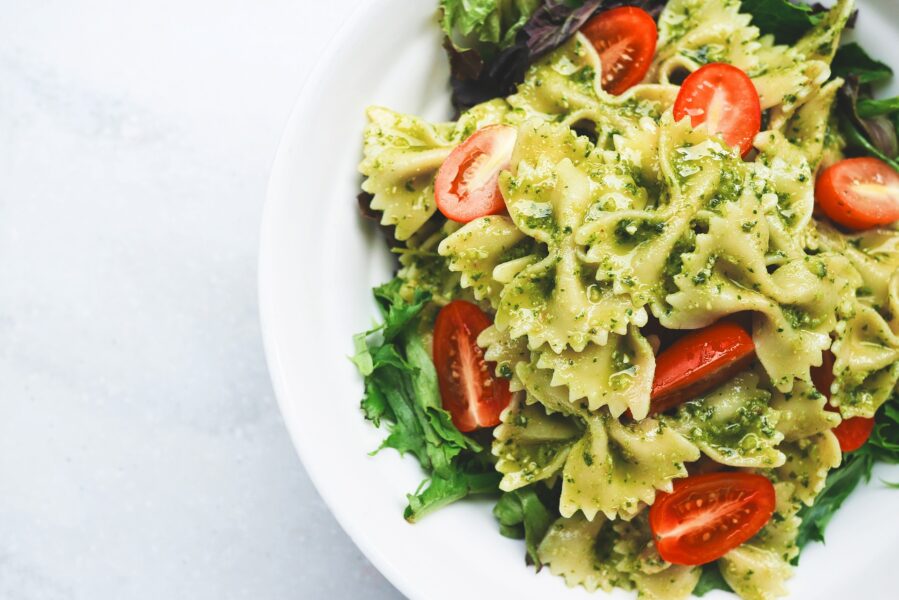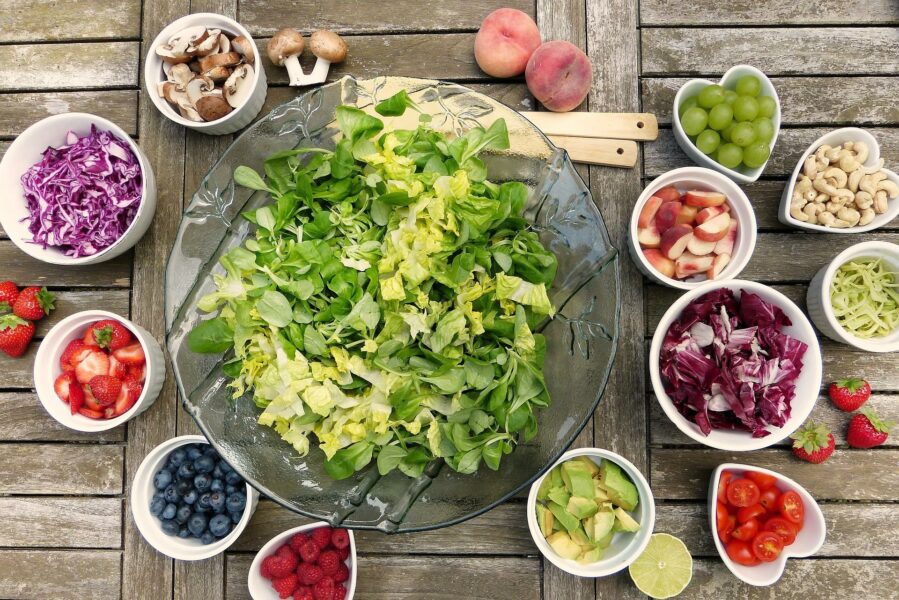World Environment Day
The world we live in is a gift. Moisture-laden clouds fill blue skies and welcome us each morning as we rise from our beds sleepy eyed. The fruits we decorate our breakfasts with, the air we breathe, the rain we watch and the snow we play in. The mountains we climb, the seas we swim in, and the beaches we lounge at. All blessings bestowed to us by our Creator. We use, marvel at, and indulge in all that the world offers us, without giving much thought as to how we are fulfilling our responsibility of being stewards over this earth.
“The Earth is green and beautiful, and Allah has appointed you his stewards over it” (Muslim)
World Environment Day takes place on the 5th of June. It is celebrated by millions of people around the world, and focuses on encouraging awareness and action for the environment. The theme for 2022 is #OnlyOneEarth highlighting the need to work together towards a more sustainable lifestyle, which is kinder to nature and greener for the environment.
We would like to turn your attention on how you can take make changes to help the planet, and on the responsibility we have as believers to reduce our carbon footprint and take care of the planet we all live in and love.

Greta who?
We’ve all heard of Greta Thunberg, of a young voice who challenged world leaders to take immediate action for climate change. However, beside hearing about protests that stopped London traffic, and school children making headlines, we can feel quite detached, and overwhelmed when the topic of climate change can arise.
You may question how your individual actions will be enough to protect the world, so you dismiss the whole idea of trying to reduce your carbon footprint. But, as Muslims, we are encouraged and expected to take care of the planet, and will be held accountable of how we care for our surroundings, our lifestyle choices and how we treat animals and plants.
Finish what’s on your plate – Reduce food waste
We live in a world of excess; of bigger, better, faster and tastier. It’s not a crime or a sin to want to enjoy yourself. Yes, you can experience life’s pleasures, but within the boundaries of Islam. Be it your weekly grocery shop, your pay day shopping spree, washing up, leaving lights on, eating out, or even cooking in your own very kitchen – in every aspect of our lives, we create large amounts of waste. At the end of the week, households up and down the country are getting rid of groceries which were bought with the intention of consumption, but there was either too much, or you weren’t able to eat it within the time period.

“In the UK, we waste around 10 million tonnes of food each year, according to a report published by WRAP (Waste and Resources Action Programme) based on three major studies between 2013 and 2016. With 41 million tonnes of food purchased yearly in the UK, this means a quarter of that ends up as food waste.”
You can reduce food waste by:
- Planning your meals – buying only ingredients that you need
- Using up what up with is in your fridge, and cupboards before buying more
- Getting creative with your leftovers
Prophetic guidance is also in line with avoiding food wastage, as we can see from his (saw) blessed example. The Prophet (saw) found a date in the road and said “Were it not that I am afraid that it came from the zakah, I would have eaten it.” (Bukhari).
He (saw) instructed that if a piece of food is dropped, it should be picked up and any dirt should be removed from it, and it should be eaten.
Follow a Sunnah: Say yes to Meatless Mondays
Telling someone to drop their steak and pick up some tofu can be disastrous. However, you don’t have give up meat entirely to make a difference. Meat has become a huge staple in our diets, and in many households, a meal without meat is unheard of. British Muslims – whilst constituting 5% of the UK population – account for 20% of meat consumption in the UK. However, in the time of the Prophet (saw), meat was a luxury and consumed on special occasions.
Going meat-free for just one day, or even for one meal a week is a great way to improve your own health, follow a Sunnah and improve the planet’s health. There are masses of emissions released from production, travel and the disposal of meat and its packaging. Also, the farming of animals also results in deforestation, as animals need land, and plants are getting destroyed to help sustain the need.

You will be surprised as to how creative you will get in the kitchen when you decide to make a meal meat free.
Be kinder to those that surround you
“Whoever is kind to the creatures of God is kind to himself.” (Bukhari)
We are strongly advised to treat animals with respect, care, and compassion. We are warned not to abuse or mistreat them. They too are from the creation of Allah, and we were all created for a purpose.
“There is not an animal that lives on the earth, nor a being that flies on its wings, but they form communities like you. Nothing have we omitted from the Book, and they all shall be gathered to their Lord in the end” (Qur’an, 6:38)
The Prophet (saw) was the greatest example sent to mankind. His gentle manner both with humans and animals, are footsteps we should try to follow in.
The Companions said, “O Allah’s Messenger! Is there a reward for us in serving the animals?” He replied: “There is a reward for serving any living being.” (Bukhari)

We should ask ourselves how we are serving the living beings around us, whether we are doing our bit to take care of the animals that are in our care.
Plant a tree for both the worlds
We love going to the park, strolling through woodland and marveling at big, old trees. But we don’t give much thought of their importance, and their significance within our religion. The responsibility of stewardship over vegetation and nature extends to how we treat everything that surrounds us – rivers, woodland, trees, plants and flowers.
The Prophet (saw) would encourage believers to look after the trees that surround them to plant more, and reminded them its reward.

The Prophet (saw) said: “There is none amongst the Muslims who plants a tree or sows seeds, and then a bird, or a person or an animal eats from it, but is regarded as a charitable gift for him.” (Sahih Bukhari)
We are taught a beautiful lesson of the importance of trees in the story of the Prophet (saw) and his spiritual connection with a date-pam tree he stood by.
“The Prophet (saw) used to stand by a tree or a date-palm on Friday. Then an Ansari woman or man said. “O Allah’s Messenger (saw)! Shall we make a pulpit for you?” He replied, “If you wish.” So they made a pulpit for him and when it was Friday, he proceeded towards the pulpit (for delivering the sermon). The date palm cried like a child! The Prophet (saw) descended (the pulpit) and embraced it while it continued moaning like a child being quietened. The Prophet (saw) said, “It was crying for (missing) what it used to hear of religious knowledge given near to it.” (Bukhari)
Planting trees are not only a charitable act, but great for tackling carbon emissions. They also help fight the side effects of climate change such as: preventing flooding, reducing temperature, and reducing pollution. Alongside planting new trees, it’s also about protecting the ones we do have.
Fulfil your responsibility
Tackling climate change as an individual can feel daunting; but combining it with the reasonability we have as guardians can help motivate you to taking more steps to looking after the planet.
Whether you’re ready to get creative with your leftovers, go meat free for a day, plant a tree or even pet your local neighbourhood cat, every action you make with the intention of taking care of the gift that Allah has bestowed upon you, surely will be rewarded by Him.
Get your friends and family involved, and together you can challenge each other on how you can make a difference, as an individual and as a collective!